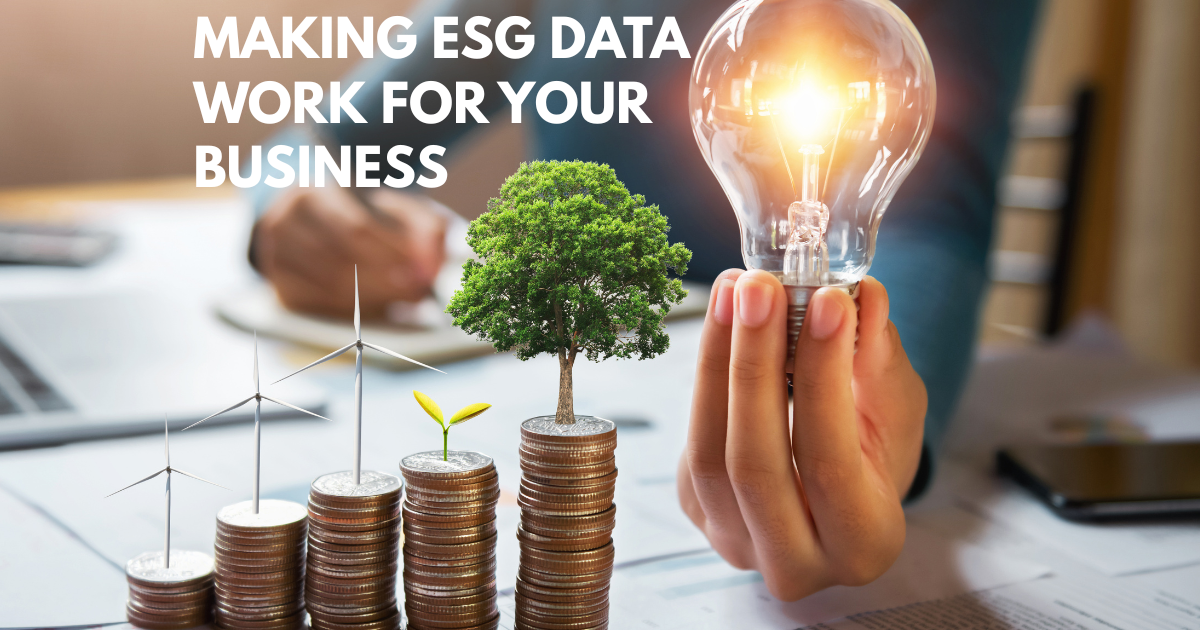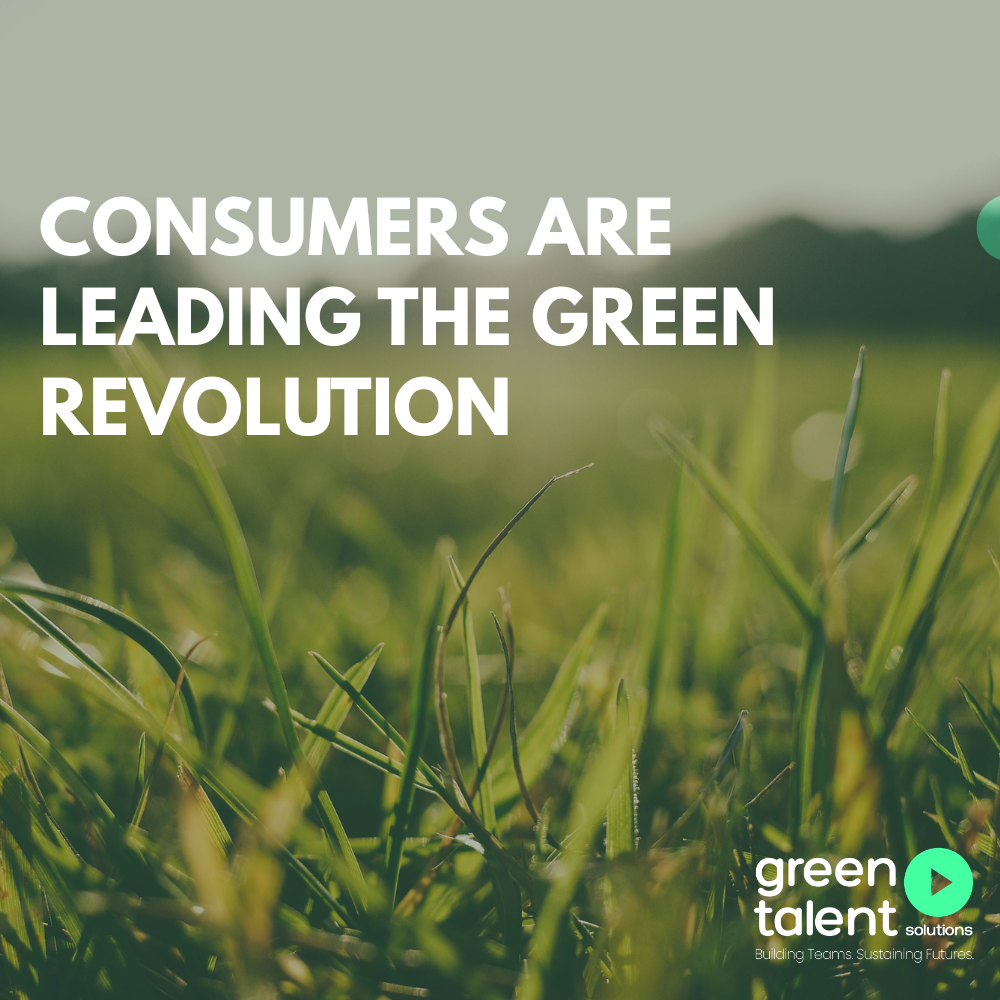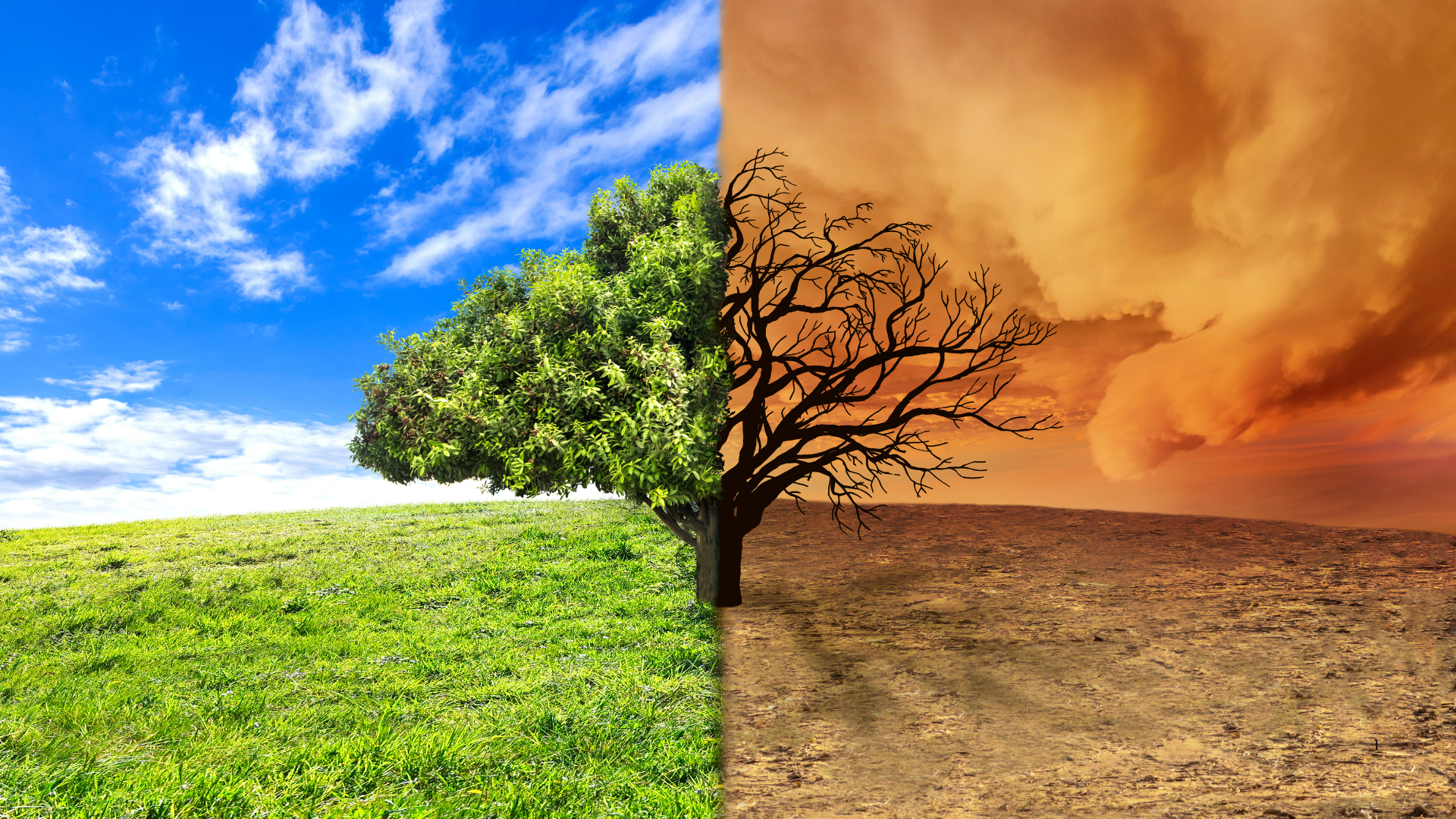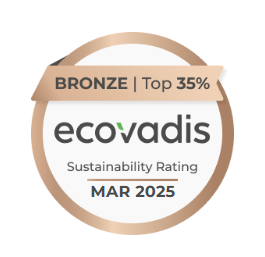Can AI Help Close the Sustainability Skills Gap Faster?
This is a subtitle for your new post
As the global race toward net zero accelerates, organisations across every sector are facing a new kind of talent crisis, one driven by sustainability.
From clean energy and carbon accounting to circular design and ESG reporting, the demand for green skills is growing exponentially. According to LinkedIn’s Global Green Skills Report, the share of green talent in the workforce has increased by just 12% since 2015, far slower than the pace required to meet global sustainability goals.
The challenge is twofold: while businesses are under pressure to decarbonise and adapt, the workforce often lacks the knowledge, experience, and technical expertise to execute those strategies effectively.
This is where artificial intelligence (AI) could play a transformative role, not just in automating sustainability processes, but in helping organisations identify, develop, and deploy green skills faster and more efficiently than ever before.
Mapping the Sustainability Skills Gap with Data and AI
The first step in closing any skills gap is understanding it.
Many organisations know they have sustainability-related talent shortages but struggle to pinpoint where, and in what roles, those gaps exist.
AI-driven workforce analytics platforms are changing that. By analysing large volumes of HR, project, and market data, these systems can map existing workforce capabilities, detect emerging skill requirements, and forecast where future green roles will appear.
For example, AI can analyse job descriptions, learning patterns, and industry data to highlight areas where skills in renewable energy, ESG data analytics, or sustainable supply chain management are most in demand.
Governments and educators can use this insight to design targeted training and reskilling programmes, while businesses can better align their hiring and development strategies with future sustainability priorities.
In short, AI gives decision-makers visibility, turning the sustainability skills gap from a guess into a measurable, actionable problem.
Accelerating Reskilling and Learning with Intelligent Training Tools
Identifying the gap is only half the challenge, closing it requires scalable, effective learning.
Traditional education and corporate training often can’t keep up with how quickly sustainability knowledge evolves. New technologies, frameworks, and regulations appear constantly, making it hard for employees to stay current.
AI can help solve this by personalising learning pathways based on an individual’s role, skill level, and career trajectory. Adaptive learning platforms powered by AI can recommend tailored sustainability courses, whether that’s carbon literacy, green finance, or life-cycle analysis, helping people upskill faster and more efficiently.
Moreover, natural language processing (NLP) tools can digest complex sustainability research and policy documents, summarising insights into accessible learning modules. This allows non-experts to grasp key sustainability concepts quickly and apply them in their work.
AI-driven training also improves inclusivity. Employees in remote or underserved regions can access virtual, on-demand learning that matches the same quality as in-person programmes, helping to spread green knowledge globally, not just in advanced economies.
The result is a faster, fairer route to sustainability literacy across the workforce.
Predicting Emerging Green Roles and Future Talent Needs
Sustainability is a moving target, the skills needed today may not be the ones required tomorrow.
AI’s predictive capabilities can help organisations and governments look ahead, identifying which green jobs and capabilities are likely to grow most rapidly. For instance, AI models can track market signals, policy changes, and technology trends to forecast demand for roles such as carbon data scientists, circular economy analysts, or renewable energy engineers.
This predictive insight enables proactive workforce planning. Rather than reacting to shortages, policymakers and businesses can anticipate skill demand and invest in the right education or apprenticeships years in advance.
AI can also uncover hidden talent, identifying employees with transferable skills that could be redeployed into sustainability-focused roles. For example, a data analyst with supply chain experience might be a strong candidate for training in emissions data modelling.
By helping organisations match people to opportunity, AI turns workforce planning into a strategic enabler of the green transition.
Balancing Efficiency with Ethics: Making AI Itself Sustainable
While AI has enormous potential to accelerate sustainability learning and workforce transformation, it’s not without challenges.
Training large AI models consumes vast amounts of energy, raising concerns about their own carbon footprint. As such, the use of AI in sustainability must also be sustainably designed, using green data centres, renewable energy sources, and efficient algorithms to minimise impact.
There’s also a human element: AI should augment, not replace, human expertise. The most effective green workforce strategies combine automation with empathy, mentorship, and cultural change.
To close the sustainability skills gap at speed and scale, we need to use AI responsibly, ensuring transparency, fairness, and inclusivity in how these tools shape learning and hiring decisions.
AI as an Accelerator for Green Skills
The sustainability skills gap is one of the biggest barriers to achieving global net zero ambitions, but it’s not insurmountable.
AI provides a unique opportunity to tackle it head-on by combining data-driven insights with scalable education and predictive workforce planning.
The future will belong to organisations that treat AI as an ally in their sustainability journey — using it to upskill their people, anticipate new roles, and build agile, adaptive teams.
The green transition isn’t just about technology, it’s about people. And with the right tools, we can empower those people to learn, grow, and lead faster than ever before.
Turning Insight into Impact
If your organisation is serious about accelerating its sustainability strategy, it starts with talent.
At
Green Talent Solutions, we help businesses and governments leverage data, AI, and workforce intelligence to build green skills pipelines that deliver measurable impact.
👉 Get in touch with Jake Carrington to explore how we can help you identify, develop, and future-proof your sustainability talent.
